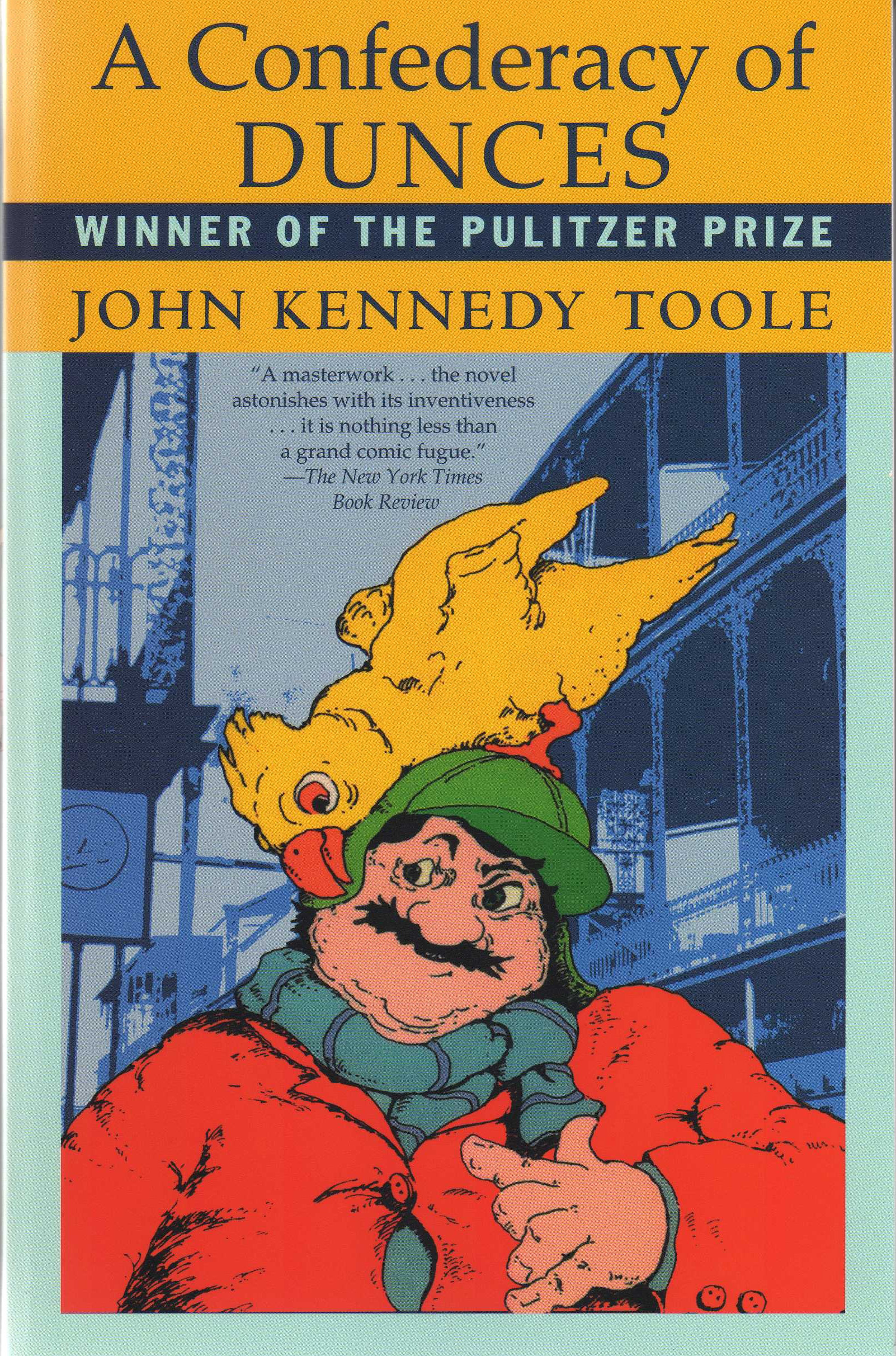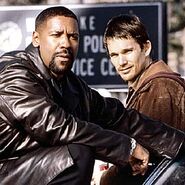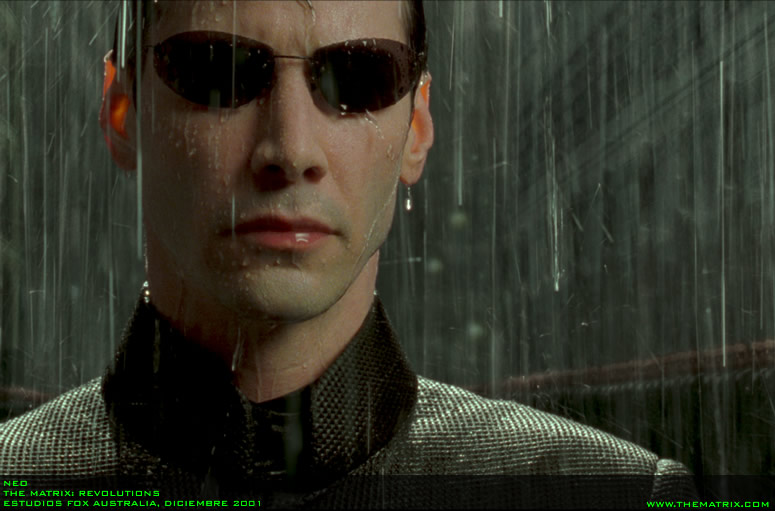by John Walters
Tweet Me Right
…and
Starting Five

War Of The World’s
Of the Oscar-nominated Best Picture films this year, 1917 is by far our favorite. Is it the best? Everyone has their own tastes. For me it’s the one I’d most want to see once again. A few thoughts, not a review:
–Notice how much better the German trenches were dug than the Allied trenches. More professional, better engineering. With cement and wooden planks used. That’s not an accident that director Sam Mendes showed that.
–Notice the first and last shots of the film. Mendes gives us a brief glimpse of nature undisturbed. Beautiful. Bucolic. Serene. Then we plunge into human nature for nearly the next two hours before a final scene that, in the closing 30 seconds, is as close to heaven on earth as you’ll find. Again, no accident.
–Considering the glut of popular British actors who make a cameo in this film, I’m surprised I didn’t see Olivia Colman playing a soldier. And who knows—maybe she did? Three of the best things about Tinker, Tailor, Soldier, Spy—Colin Firth, Mark Strong and Benedict Cumberbatch—all have cameos, as does the sexy priest from Fleabag (Andrew Scott).
–I’ve heard complaints that it feels like a video game. Of course! But maybe it’s that video games were made to mirror war. There’s definitely a little Saving Private Ryan crossed with Raiders Of The Lost Ark going on here, but it works for us. At the end of an interminably long and arduous and deadly day, we get the outcome we get. And someone’s going to have to wake up and go through it all again tomorrow—and hope to survive. That’s infantry life.
Fantastic film. It should stay with you. And it’s our Best Picture favorite.
Orwell That Ends Well

From 1917 to 1984….
I was just thinking about how easy the Trump administration has made it for English teachers to hold spell-binding discussion groups on George Orwell’s 1984.
The most important lesson of 1984: “The state can occupy your mind.”
It does so via “newspeak” (e.g. “Fake news” or “alternative facts”) or via “doublethink” (e.g. Ken Starr standing up in the U.S. Senate yesterday and decrying the notion that we are in an “impeachment era.” No single human being did more to get us to this era, if you want to call it that, than Ken Starr. Honestly, the balls on this guy).
The greatest weapon we have against all of these lies and gas lighting is free speech, which manifests itself in a free press (which is the only reason you know about John Bolton’s revelations that Trump knew exactly what he was doing, to give just one of countless examples of how the NYT and WaPo have helped save the Union the past couple of years). And that is why there are no more White House press conferences. That is why Mike Pompeo is spreading lies about an NPR reporter, Mary Louise Kelly, and also insinuating that she was unable to find Ukraine on a map (“It is worth noting that Bangladesh is NOT Ukraine”) when she in fact has a masters in European Studies from Cambridge.
Let’s be clear here: it is Pompeo’s boss who could not find Ukraine on a map.
As for the Bolton bombshell, this NYT editorial board piece wraps it up pretty well, with a slam-dunk finish.*
*We have something we wanted to include today, but we saved it for the end of the blog so as to not disrupt flow (too late there, JW).
Toole Time

Published posthumously in 1980, John Kennedy Toole’s A Confederacy of Dunces won the Pulitzer Prize for fiction. Toole had written it in 1963, while living in Puerto Rico, at the age of 26. Toole, who was never able to find a publisher willing to purchase his novel, committed suicide in 1969.
After years of languishing on my bookshelf, this book was finally picked up and read by me in the past month. What had I been waiting for? It is funny and genius and really, at least for me, right up there with Catch-22 in terms of humor and a little bit of satire in fiction. Our protagonist, Ignatius Reilly, ranks up there as one of the most memorable characters you’ll ever meet.
A quick aside about Ignatius: he’s hyper-educated, paranoid, self-righteous, acutely judgmental, a little bit mischievous, has delusions of grandeur and genius, a hypochondriac, and has an aversion both to work and accountability (I have a very good friend who’s almost a carbon copy, minus the girth). But his personality lends itself to some very funny misadventures.
In his foreword to the novel, esteemed New Orleans-based novelist Walker Percy recounts how he was teaching a course at Tulane and how this persistent woman pushed this manuscript into his hands. She begged him to read it, saying how her dead son had written it, and that it was really quite good. She returned more than once to implore him to pick up the manuscript.
Why would I want to do that (read it)?, Percy asked.
Because it is a great novel, she said.
Percy writes, “My only fear was that this [manuscript] might not be bad enough, or might be just good enough, so that I would have to keep reading. In this case I read on [after the first paragraph]. First with the sinking feeling that it was not bad enough to quit, then with a prickle of interest, then a growing excitement, and finally an incredulity: surely it was not possible that it was so good.”
Give Percy credit. It was mainly through his efforts that the manuscript was published. Instead of being jealous and petty, he was instead gracious and heroic.
We though a lot about John Kennedy Toole as we read his book. A young writer who believed in himself enough to devote hundreds of hours to a tightly written, comic triumph of a novel, and yet in life never received an ounce of approbation for his efforts (imagine going through life as a writer without a Susie B. in the stands… I shudder to think). It’s tragic, really. Because Toole’s manuscript was more than just simply good enough to be published: it won the Pulitzer, and deservedly so. What does that tell you?
And yet, as I approached the novel’s conclusion, it felt as if Toole, who fashioned his anti-hero partly on himself, was prescient enough to appreciate how all of this would go down. Here is Ignatius Reilly, just six pages from the novel’s conclusion. He is staging a getaway from his home with his partner in anarchy, Myrna Minkoff, hoping to make his exodus before the ambulance from the looney bin arrives. On the floor of his bedroom are scores of his rambling prose, all set down in Big Chief tablets. Myrna asks Ignatius if he wants to pack anything before they depart.
“Oh, of course. There are all of my notes and jottings. We must never let them fall into the hands of my mother. She may make a fortune from them. It would be too ironic.”
I’m trying to imagine the look on Toole’s mom’s face, and Percy’s, when they first read that line. Oh, Fortuna!
Kobe And Copters

A couple more thoughts on Kobe…
–I thought Geno Auriemma put it succinctly here: “He’s a guy that the world is gonna miss.”
–I’d like to see a Venn diagram of the people who were in a rush to call out Kobe’s sexual allegation and the people who voted for our current president. Not excusing what allegedly happened in Colorado, just noting.
–Finally, and this may be too soon, but I’m just pointing out the irony. I remember the first time I read about Kobe commuting by helicopter. It might have been in a profile of him in Sports Illustrated, perhaps by Rick Reilly or Richard Hoffer. I’m not sure. I remember thinking, That saves time but it’s a little like picking a card from a deck where there’s one black card of the 52 (or maybe of the 520) and if you happen to pick that card, well…
The tragic irony here is that Kobe commuted by helicopter hundreds of times, if not thousands, in order to save time. And of course it was due to a helicopter crash that he left us at the age of 41. Of course, he would’ve been more statistically likely, I’m guessing, to perish in an auto accident if he’d driven instead of flying every time. Fate is what it is. But Rule No. 1 is always Rule No. 1.
Five Films: 2003

- Lost In Translation: What’s it all about, really? I’ve always thought of it as embracing the wonder of finding a soulmate on this giant planet of ours no matter where or who you are in life. Those encounters don’t come around very often.
- Love, Actually: I truly wanted to despise this film and resisted seeing it in the theaters. But when I finally sat down to watch, it met its desired goal of manipulating me emotionally. And there’s always a chance that the single mom at your child’s school will be Claudia Schiffer. It could happen!
- American Splendor: Like the man whose life it is based upon, Harvey Pekar, this is a quirky sometimes melancholy sometimes cranky film, but with a lot of love at the center. Love this one.
- The Station Agent: What a trio: Patty Clarkson, Bobby Canavale and Peter Dinklage hanging out at a deserted railway depot in New Jersey. Doesn’t sound like much, but it is.
- Seabiscuit: Movies cannot do justice to Laura Hillenbrand books, but this one did a better job than the other one would.
Leftovers: I’ve never seen Elf. I know. Some day. Old School wasn’t my comedic cup of tea.
*****
Here are the names of all 53 of the Republican senators. If they vote to refuse to hear John Bolton’s testimony, they belong on the same trash heap of history as the Trumps, Mike Pompeo, William Barr, et al…















